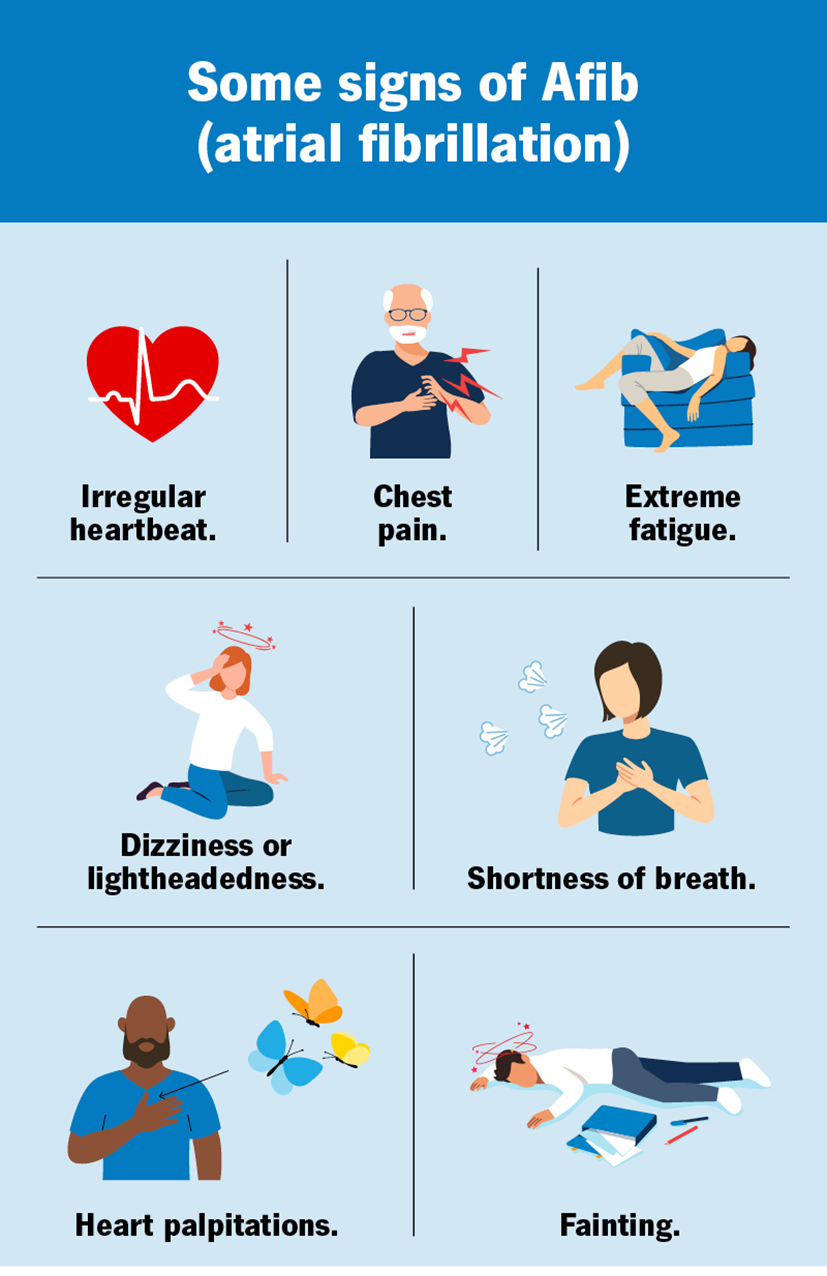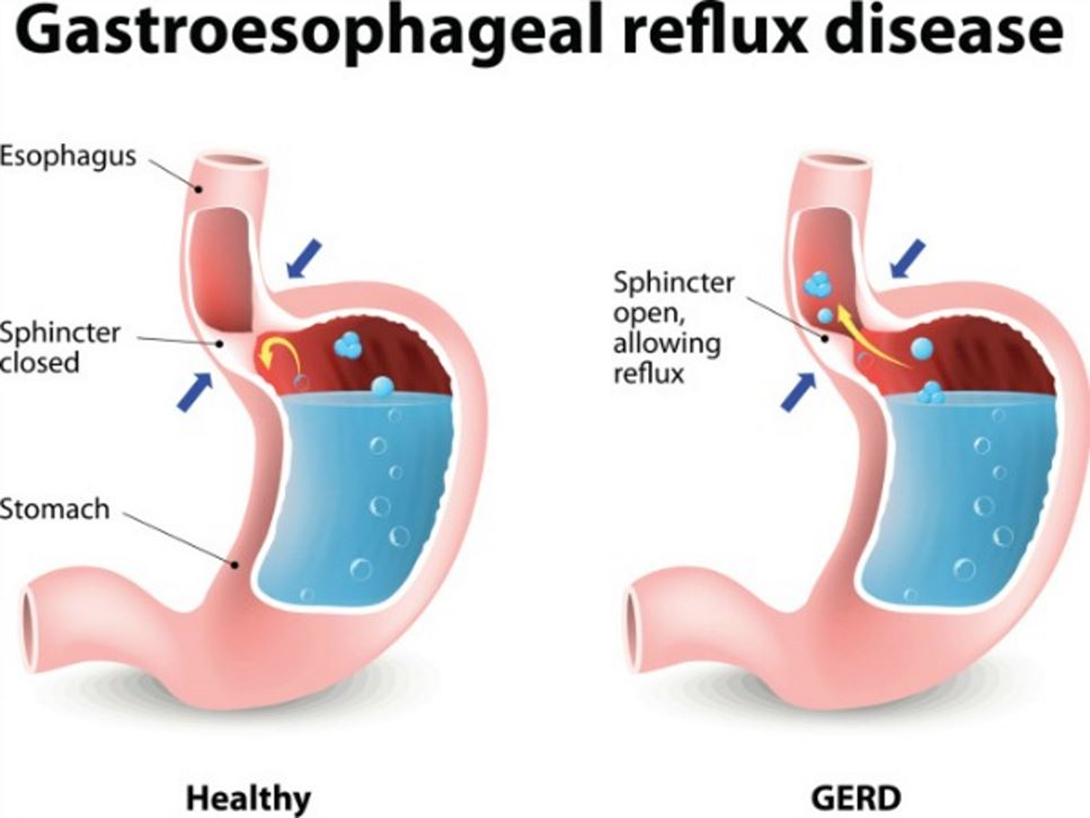The nurse is caring for a client with atrial fibrillation who receives a prescription for warfarin. The international normalized ratio (INR) is 2.8. Which action should the nurse take?
Give the next scheduled dose.
Obtain another blood sample.
Monitor for signs of bleeding.
Notify the healthcare provider.
The Correct Answer is D
Choice A reason: Giving the next scheduled dose without further assessment is not advisable. An INR of 2.8 is within the therapeutic range for many conditions treated with warfarin, but it is important to ensure that the INR is stable and not trending higher, which could increase the risk of bleeding.
Choice B reason: Obtaining another blood sample might be necessary if there is suspicion of an error or if the INR is unexpectedly high or low. However, in this scenario, the INR is within the therapeutic range, so this action is not immediately necessary.
Choice C reason: Monitoring for signs of bleeding is always important for clients on warfarin, but it does not address the immediate need to communicate with the healthcare provider about the current INR level and any potential adjustments to the medication.
Choice D reason: Notifying the healthcare provider is the most appropriate action. The healthcare provider needs to be aware of the current INR level to make any necessary adjustments to the warfarin dosage and to provide further instructions on monitoring and follow-up.

Nursing Test Bank
Naxlex Comprehensive Predictor Exams
Related Questions
Correct Answer is B
Explanation
Choice A reason: Omeprazole is a proton pump inhibitor used to treat gastroesophageal reflux disease (GERD). While it is generally safe, it is not commonly associated with causing jaundice. Omeprazole can cause liver enzyme elevations in rare cases, but it is not a primary concern for drug-induced jaundice.
Choice B reason: Acetaminophen is known to cause hepatotoxicity, especially in high doses or with prolonged use. It is one of the most common causes of drug-induced liver injury, which can lead to jaundice. The nurse should notify the healthcare provider about the use of acetaminophen, as it is a likely culprit for the client’s jaundice.
Choice C reason: Captopril is an ACE inhibitor used to treat hypertension. While it can cause various side effects, it is not typically associated with causing jaundice. The primary concerns with captopril are related to renal function and electrolyte imbalances.
Choice D reason: Prednisone is a corticosteroid used to reduce inflammation in conditions like osteoarthritis. Although long-term use of corticosteroids can affect liver function, it is not commonly associated with causing jaundice. The nurse should still monitor liver function but focus on more likely causes.

Correct Answer is A
Explanation
Choice A reason: Withholding the scheduled dose and notifying the healthcare provider is the correct action because the client’s heart rate is significantly low at 48 beats per minute. Labetalol, a beta-blocker, can further reduce the heart rate, potentially leading to bradycardia or other cardiac complications. It is crucial to inform the healthcare provider to reassess the medication regimen and ensure the client’s safety.
Choice B reason: Administering the dose and monitoring the client’s blood pressure regularly is not advisable in this scenario. Although monitoring blood pressure is important, the primary concern here is the client’s low heart rate. Administering labetalol could exacerbate bradycardia, leading to severe complications.
Choice C reason: Assessing for orthostatic hypotension before administering the dose is a good practice but not the most critical action in this situation. The client’s low heart rate poses a more immediate risk than orthostatic hypotension. Therefore, withholding the medication and notifying the healthcare provider is a higher priority.
Choice D reason: Applying a telemetry monitor before administering the dose is useful for continuous cardiac monitoring, but it does not address the immediate concern of the client’s low heart rate. The priority should be to withhold the medication and consult the healthcare provider to prevent potential bradycardia.
Whether you are a student looking to ace your exams or a practicing nurse seeking to enhance your expertise , our nursing education contents will empower you with the confidence and competence to make a difference in the lives of patients and become a respected leader in the healthcare field.
Visit Naxlex, invest in your future and unlock endless possibilities with our unparalleled nursing education contents today
Report Wrong Answer on the Current Question
Do you disagree with the answer? If yes, what is your expected answer? Explain.
Kindly be descriptive with the issue you are facing.
